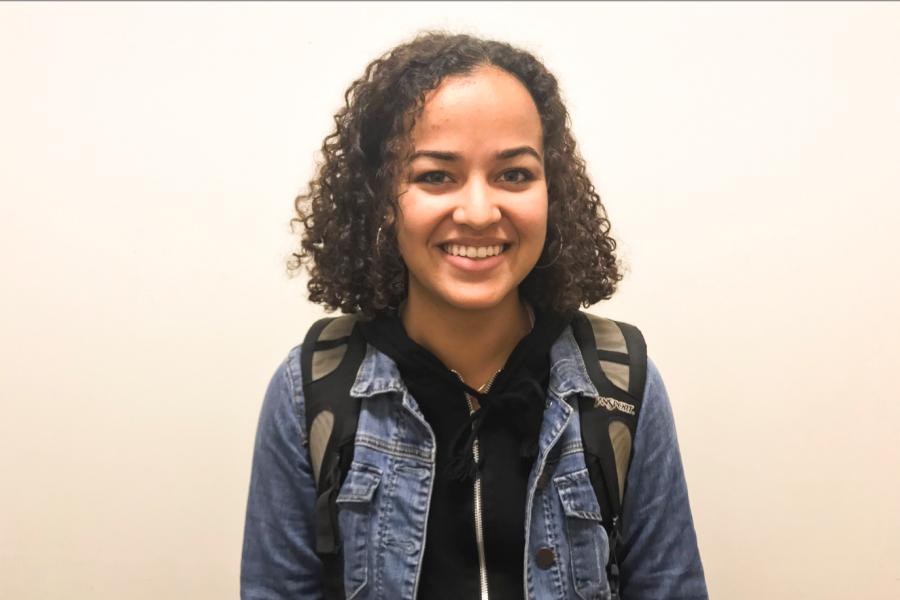The Complicated Nature of Being Biracial
November 7, 2017
An inability to categorize yourself ethnically can be frightening, especially when there seems to be an invisible line standing between you and all other people similar to you, who seem to be fuller embodiments of the standard appearance of your race. The truth is that being biracial can be a confusing ordeal, and unfortunately, I don’t think there’s a quick fix to the displacement that biracial people often feel in terms of fitting into a racial category.
I am half African-American, half Caucasian, and for many in the black community, my physical appearance is a direct display of privilege and a nearly cookie-cutter image of what it means to be a supposed watered down version of everything blackness embodies. This is fair to a certain extent, given that my lighter, more caramel-colored skin unfortunately gives me a societal advantage over those with darker skin than me. But it also puts me in a tough position with my peers, as well as with society at large. All my life, I have fought to earn a place in the black community, to be active with everything that goes on within it, but it’s impossible to do so without seeming like an outsider, given that I don’t know what it feels like to be 100 percent black. I recognize this, and it’s true that I don’t experience racism to the same extent as those with darker skin. But all the same, it saddens me that my partial blackness often stands in the way of my relationships with those who are fully African American. If anything, it only pushes me to seek friends outside my race, as they tend not to have qualms about my being only partially black.
Within the scope of blackness, there’s another point of conflict that continues to gain popularity within younger generations. I often get referred to as a lightskin, most easily defined as a person of color who has lighter skin compared to many others in their race, most commonly used for black or Latinx people. This term is isolating, as it’s often used in a way that makes it seem as though lighter skin people of color are more attractive. Seeing it as a sign of flattery, as many people do, is detrimental to the bond between people of color, the bond that’s still plagued with oppression from a multitude of mediums.
In today’s society, being biracial is often seen as interesting and beautiful, but many people are unaware of the cultural stress that comes with the identity. Being a person of color already causes many societal setbacks, and drawing fictitious barriers between each other for no just reason will not help build the power and cohesiveness we are still working to gain.
Opinions expressed on the editorial pages are not necessarily those of WSN, and our publication of opinions is not an endorsement of them. Email Alexandra Dennis at [email protected].
























































































































































